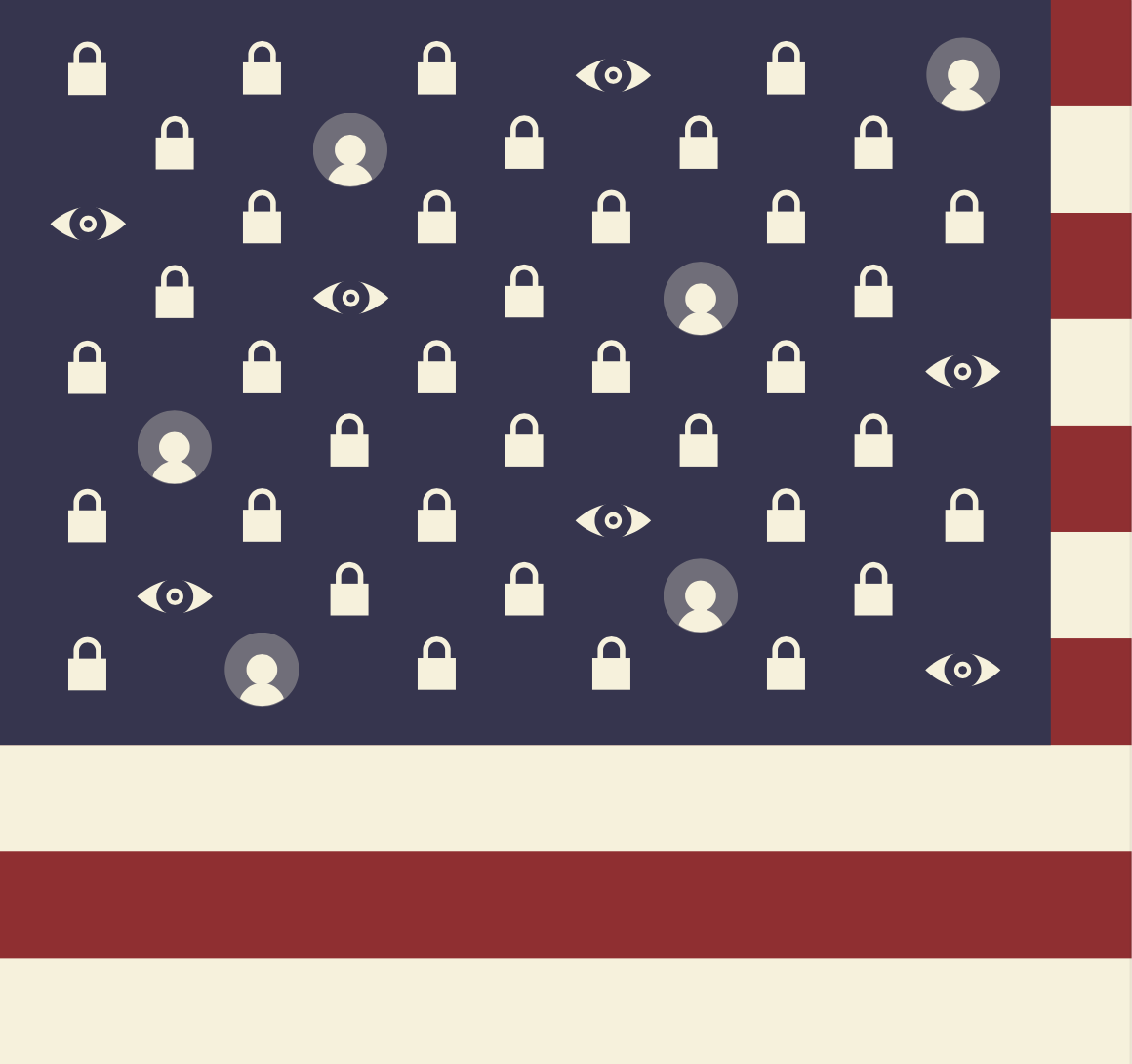The National Advertising Initiative: Appendix A – List of NAI Members (all categories) 1999-2007
To compile this list, the World Privacy Forum relied on saved pages of NAI available on Archive.org.
NAI membership from 1999- 2007


To compile this list, the World Privacy Forum relied on saved pages of NAI available on Archive.org.
NAI membership from 1999- 2007
Roadmap: The National Advertising Initiative – Failing at Consumer Protection and at Self-Regulation: Appendix B – Listing of TRUSTe Complaints Regarding NAI From 2000 – 2007
Note: The World Privacy Forum relied on the TRUSTe WatchDog reports to compile this table. For the reports, see:
The online tracking and targeting of consumers –– both in its current form and as it may develop in the future –– needs to be limited so that consumers can exercise meaningful, granular preferences based on timely and contextual disclosures that are understandable on whichever devices consumers choose to use. Consumers must be free to act in their own self-interest. Companies engaged in monitoring and tracking must respect consumer privacy by implementing Fair Information Practices,2 and there must be a structure that allows for enforcement of these rights. A right that is selectively enforced, or that is without effective enforcement, is not a meaningful right.
Consensus document | Consumer rights and protections — Nine privacy and consumer groups, including the World Privacy Forum, unveiled a consensus document outlining key consumer rights and protections in the behavioral advertising sector. The document is directed toward the Federal Trade Commission, and urges the FTC to take proactive steps to adequately protect consumers as online and other forms of behavioral tracking and targeting become more ubiquitous. The consensus document was filed with the Secretary of the FTC and its commissioners. Behavioral advertising is the focus of the FTC’s eHavioral Advertising Town Hall meeting taking place November 1-2 in Washington, D.C. The network advertising sector has a self-regulatory plan, the Network Advertising Initiative, in place, and has had this plan in place since 2000. The consensus document addresses the many areas where the NAI plan has failedto protect consumers.
Ten privacy and consumer groups, including the World Privacy Forum, unveiled a consensus document outlining key consumer rights and protections in the behavioral advertising sector. The document is directed toward the Federal Trade Commission, and urges the FTC to take proactive steps to adequately protect consumers as online and other forms of behavioral tracking and targeting become more ubiquitous. The consensus document was filed with the Secretary of the FTC and its commissioners. Behavioral advertising is the focus of the FTC’s eHavioral Advertising Town Hall meeting taking place November 1-2 in Washington, D.C. The network advertising sector has a self-regulatory plan, the Network Advertising Initiative, in place, and has had this plan in place since 2000. The consensus document addresses the many areas where the NAI plan has failed to protect consumers.